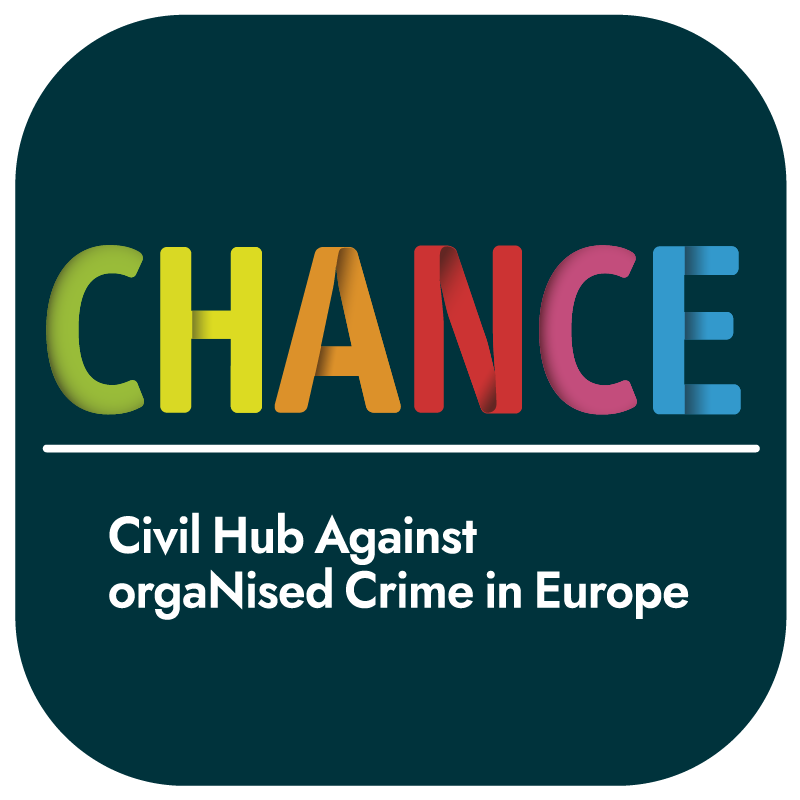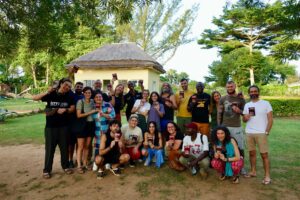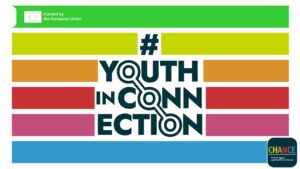From May 30th to June 6th, the “HUMANNESS School of Solidarity” will take place in Soroti, Uganda, as part of the Erasmus+ project “Humanness: EU Social Challenges and Civic Engagement for Solidarity”.
This school will host over 40 representatives from associations in Portugal, Cyprus, Belgium, Italy, and Uganda, all working on solidarity and proximity programs in vulnerable or at-risk contexts.
All participants share a commitment to enhancing youth engagement and involving young people directly in activities targeted at them. This goal, central to LIBERA’s daily work, will be further highlighted through direct exchange in Uganda. The school aims to shift perspectives and show that, despite distance and cultural differences, there are many mutual lessons to be learned.
The delegations include representatives from local associations active in areas like volunteer camps and activities around confiscated properties, as well as suburbs. Additionally, the experience of Amunì, recognized as a significant path in promoting restorative justice and redemption through solidarity actions, will be featured.
The HUMANNESS school is part of LIBERA’s broader process of enforcement of its international network. In Africa, the PLACE network was established in 2023, with representatives from 16 African countries. In Europe and Latin America, the CHANCE and ALAS networks have been active for some time.
Latin America and Africa have become key areas for engagement in restorative justice, demonstrating their effectiveness as vehicles for reconciliation, both within prisons and in the most marginal contexts of our countries.






